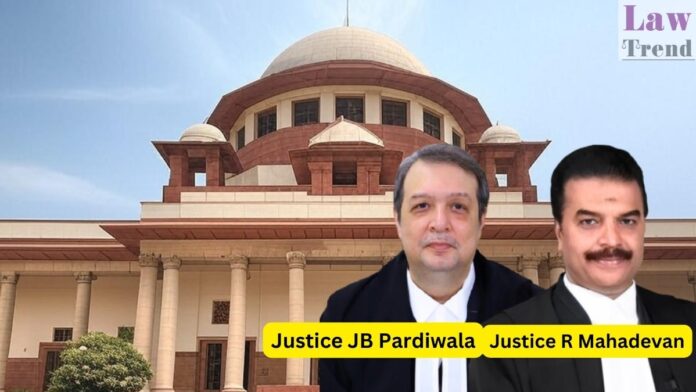The Supreme Court bench comprising Justice JB Pardiwala and Justice R Mahadevan has ruled that a civil suit can be dismissed as time-barred even if no specific issue on limitation was framed by the trial court. The Court held that it is the duty of civil courts under Section 3 of the Limitation Act, 1963,
To Read More Please Subscribe to VIP Membership for Unlimited Access to All the Articles, Download Available Copies of Judgments/Order, Acess to Central/State Bare Acts, Advertisement Free Content, Access to More than 4000 Legal Drafts( Readymade Editable Formats of Suits, Petitions, Writs, Legal Notices, Divorce Petitions, 138 Notices, Bail Applications etc.) in Hindi and English.




